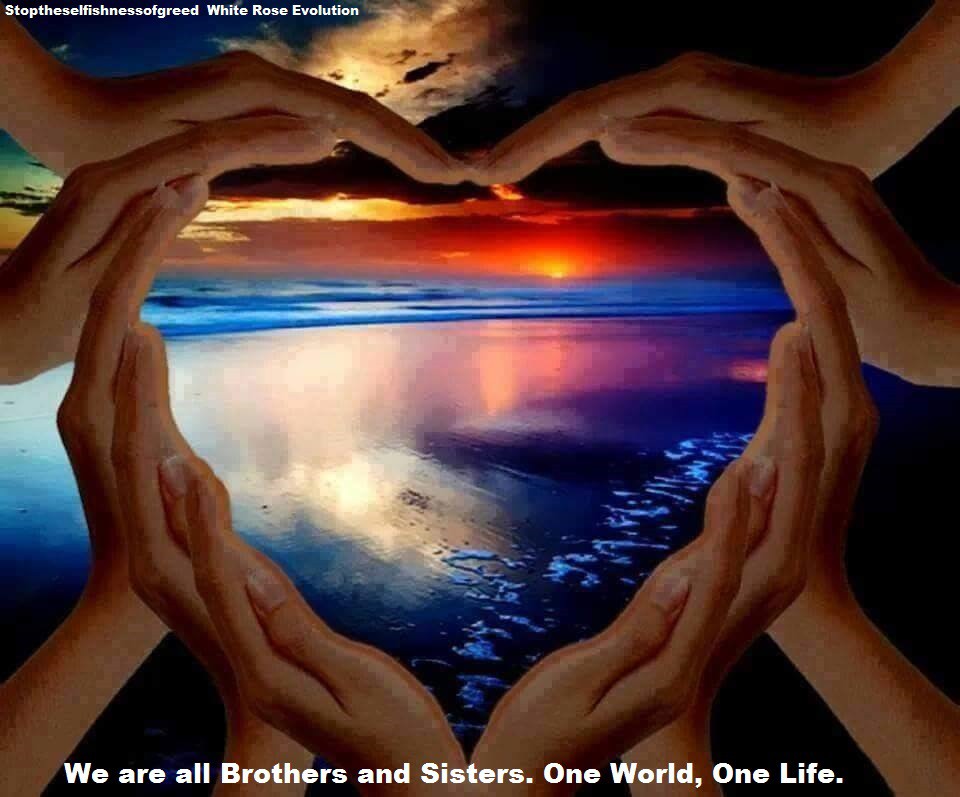
Forever known by his phrase ‘reverence for life’, Albert Schweitzer was a theologian, moral philosopher, physician and missionary. He was born in Alsace when it was German, and became a French citizen when it reverted back to France after the First World War.
To him this reverence implied regard for and a duty to all human beings, not “confined to blood relations or tribe” (The Teaching of Reverence for Life, Holt, Rinehart and Winston, 1965, p. 9). It is an inspiring thought for it leads naturally to peace and the end of wars. He did not claim originality for the idea, noting that Lao-Tse and Confucius among others had already preceded him in espousing it (pp. 9-10). He merely promoted it.
In this he was also of like mind with the 18th century Scottish philosopher, David Hume, who reminded us of conscience and the ability to distinguish between good and evil. We are strings, he said, “that vibrate in sympathy with others”, endowed with a natural good that propels us to help our neighbors or the distressed (p. 20). I am reminded of my father who always said, “You don’t treat a disease; you treat a patient.”
And then one wonders if these instincts have been consciously suppressed in some human beings. One can think of two current leaders in particular: Donald Trump and Narendra Modi. Trump’s assertion, “he died like a dog” grates even if one violently disagrees with al-Baghdadi’s methods, wrenched as he was from the normal course of his life by a US invasion predicated on false charges.
Then there is Modi and his drumbeat of upper caste Hindu supremacy. As US Representative Ro Khanna noted forcefully in a tweet, “It is the duty of every American politician of Hindu faith to stand for pluralism, reject Hindutva, and speak for equal rights for Hindus, Muslims, Sikhs, Buddhists and Christians.”
It was only a few days ago in India that a 27-year old Dalit man was beaten mercilessly and tossed in the river to die. He had been fishing. His crime: a refusal to give his catch to a nearby Brahmin who wanted an equal share. If it needs reminding, a Brahmin belongs to the highest caste, a Dalit or Untouchable to the lowest — someone who is frequently not allowed to use the village well. The Dalit man killed was the sole support of his family.
For the people of Kashmir there is little respite. A beautiful valley that could attract tourist dollars, instead is invaded by Indian troops. When the Kashmiris protest their humiliation through demonstrations, even children are blinded by pellet guns. Photos show decaying towns where empty streets are patrolled by sullen soldiers.
Then there are Palestinians, frequent casualties of the Israeli military, living the daily humiliations and frustrations of life between checkpoints — a life in prison in the case of Gaza where the soccer team is denied travel permits to play in a local tournament against a West Bank team. I
Gaza’s native son Dr. Ramzy Baroud shines a frequent light on the dark horror of three-quarters of a century of occupation. Frequent articles and four books including the latest “These Chains Will be Broken” published this year– keep the world informed.
Dr. Izzeldin Abuelaish is a peace activist. His moving memoir I Shall not Hate followed a tragedy. During the 2008 – 2009 Gaza invasion, a tank stationed itself outside his home (well known to the Israelis) and fired a shell killing three of his daughters aged 13, 15 and 21, and seriously injuring another who was 17. In that war one of his nieces also died and another niece was grievously injured.
Who was it who said, “Power corrupts and absolute power corrupts absolutely.” The good doctor’s book is subtitled, “A Gaza Doctor’s Journey on the Road to Peace and Dignity.” It is a common quest across the world.
In Chile, protesters show no let-up and the country is unable to host the COP 25 climate change meeting. Spain has offered to step in, despite its own Catalan independence movement problems.
The Chile protests have so far resulted in 20 deaths and thousands injured. Starting with a student protest on October 18 over a rise in Metro fares, they have ballooned to a million at one demonstration, the largest in the country’s history. Vandalism, looting, bus burning are often a consequence and clashes with security forces follow. President Sebastian Pinera has been obliged to reverse the fare increase, and is also promising higher taxes on the wealthy as well as an increase in the minimum wage.
Examples of human strife do not end here. Yet in the present era there is a common goal for humanity when it faces the existential threat of climate change. Surely then we can form a common bond, extend Schweitzer’s reverence to include all life, and strive to save our one and only home. As Schweitzer observes (p. 31), “Reverence for life, arising when intelligence operates upon the will to live, contains within itself affirmation of the universe and of life.”
Dr Arshad M Khan (http://ofthisandthat.org/index.html) is a former Professor based in the U.S. whose comments over several decades have appeared in a wide-ranging array of print and internet media. His work has been quoted in the U.S. Congress and published in the Congressional Record.
This article appeared first on Counterpunch.org
SIGN UP FOR COUNTERCURRENTS DAILY NEWS LETTER











































